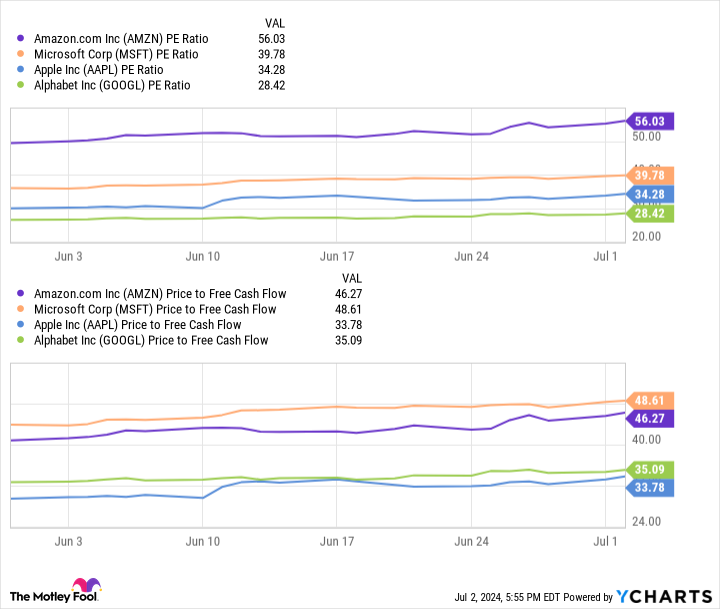
President Biden issued a wide-ranging executive order Monday to curtail threats posed by artificial intelligence that the White House says will mark the “strongest set of actions any government in the world has ever taken.”
“It’s the next step in an aggressive strategy to do everything on all fronts to harness the benefits of AI and mitigate the risks,” said White House Deputy Chief of Staff Bruce Reed.
The order marks sweeping changes to the way the federal government approaches AI with new standards on the industry to combat growing concerns about national security and economical threats, including Americans’ privacy, civil rights, consumer protections and jobs.
For AI safety and security, private AI developers whose technology poses a risk to national security, economic security or public health and safety will have to share their safety test results with the federal government. Various agencies will develop and set standards, tools and tests to ensure AI security and look to boost public trustworthiness.
New standards for biological synthesis screening will be developed to prevent the use of AI to create dangerous biological materials. Rules will also be set by the Department of Commerce to detect AI-generated content online to avoid fraud and deception.
To address the Biden administration’s racial-equity goals, the executive order looks to prevent AI from being used by landlords and federal contractors to discriminate and outlines best practices for law enforcement to use AI.
The order seeks to address concerns about adverse effects against consumers by establishing safety programs for AI use in health care and education.
The order also urges Congress to pass bipartisan data privacy legislation to protect Americans, especially children.
Mr. Biden’s action comes just days after Senate Majority Leader Charles E. Schumer, New York Democrat, said that the chamber is months away from taking up legislation on the emerging technology.
He said AI and its effects on elections should be lawmakers’ first priority.
AI is one of the few policy arenas that so far has not fallen victim to Washington partisanship that often yields legislative gridlock.
“There’s going to be mainstream support for this and particularly, a lot of our more conservative Republicans are sort of similar to me in a certain sense — we’ve been China hawks,” Mr. Schumer said last week at a Washington Post Live event. “This, if we don’t do anything, China’s going to get ahead of us.”
• Ryan Lovelace contributed to this report.



